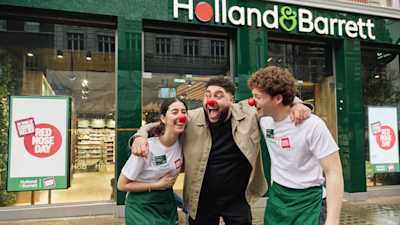
As the sun started to drop over Finsbury Park, on a cooling October evening, the Power of Pop funded partners and Community Council gathered in New Beacon Bookshop for our next funder plus event. We were joined by the recently published Ellen E Jones, to discuss her recent publication Screen Deep: How TV and Film Can Solve Racism and Save the World.
Ellen E Jones is the co-host of BBC’s flagship film and TV programme, Screenshot on BBC Radio 4, along with Mark Kermode. Ellen regularly contributes features and interviews to The Guardian, The Observer, Empire, Elle, Esquire and others. Recent interviewees include Spike Lee, Issa Rae, Andrew “Rapman” Onwubolu, Carey Mulligan, Sir Steve McQueen and Amy Adams.
The event opened with a reading, where Ellen focused on a seasonal chapter (for October), exploring the genre of horror. We discussed the landmark release Get Out, and considered why the film sparked such a cultural moment. Ellen reflected on the common absence of racialised people in horror films despite the popularity of the genre. Worse than being absent, often, horrors, thrillers and action films have depicted monsters and aliens as thinly veiled references to racialised communities.
In response, the group considered the question “how do we love [art] that does not love us back?” Ellen spoke of the power of storytelling to generate empathy, particularly for experiences that are different to our own. Greater empathy is bolstered by our capacity to suspend disbelief and sink into an entirely different reality through this creative mode. The group discussed empathy as a muscle to be strengthened by engaging with communities and experiences distinct from our own lived experience. The strengthening of our empathy muscle can also lead to greater literacy around inequity in our society, which garners buy-in for solutions.
Our Power of Pop Community went on to explore the importance of fostering an engaged culture surrounding more representative TV and Film. The culture goes beyond just the work itself, into the audience engagement, critical responses and analysis. The group shared how important it is to have the “freedom to critique”.
We acknowledged the bravery involved in “taking the step to be honest”. In parallel, there is also the need for more content with diverse casts, writers and directors to lighten the weighty “burden of representation”. The group concluded that at its core, quality art requires the creative to be vulnerable and free. Freedom can be hindered when creatives are boxed into having to depict every story as representative of a large community.
As the event closed, participants shared their reflections of the “stimulating evening” that “was a joy from start to finish.” We look forward to gathering our Power of Pop Community for future events in the near future.
By Maxine Thomas-Asante


